Fair Trade Producers
The real protagonists of our history are the producers in Africa, Latin America, Asia and Europe with whom we collaborate. Through Fair Trade, we guarantee respect for the labor rights of all workers, enabling them to significantly improve their living conditions and that of their community.
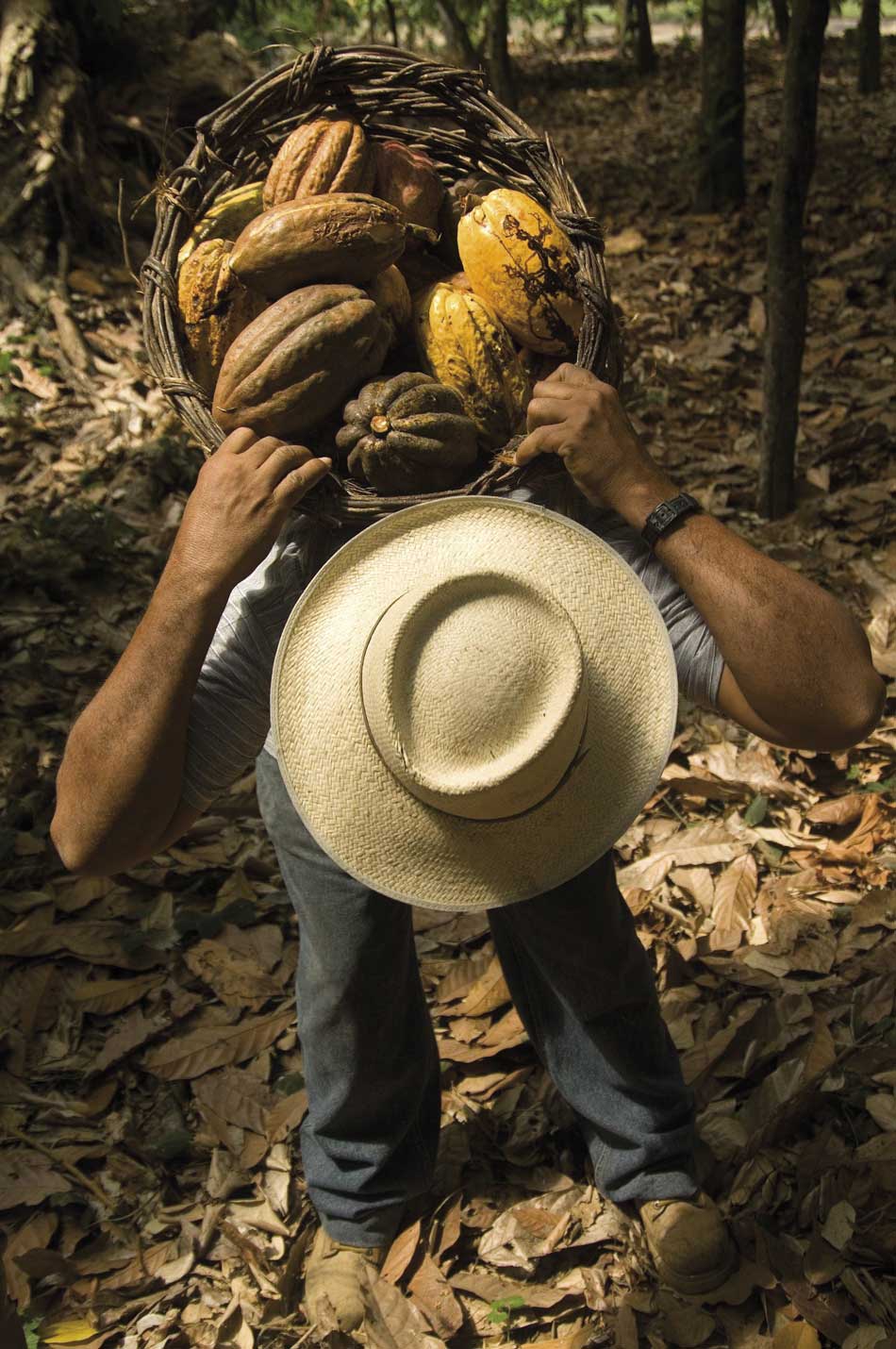
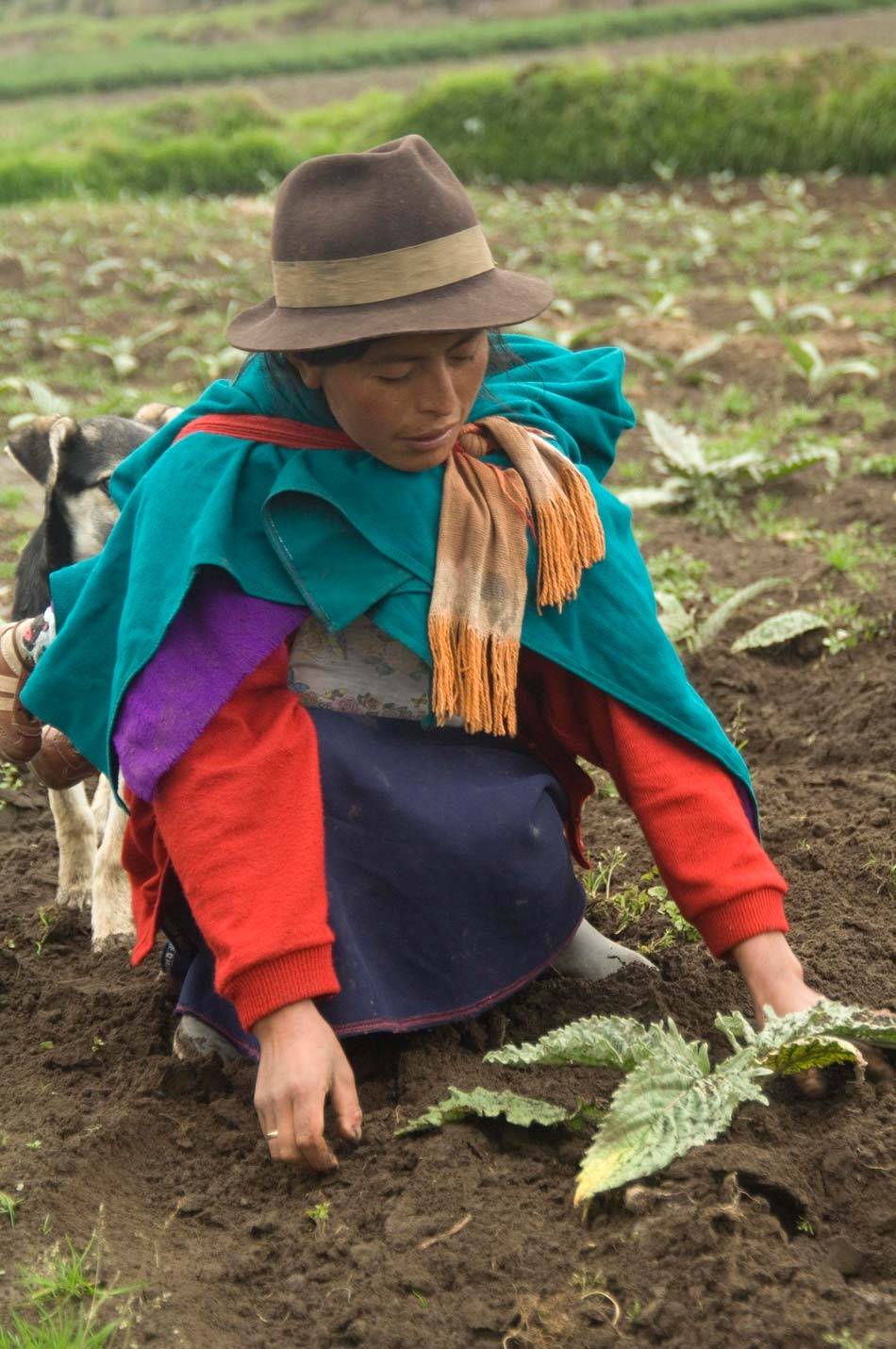
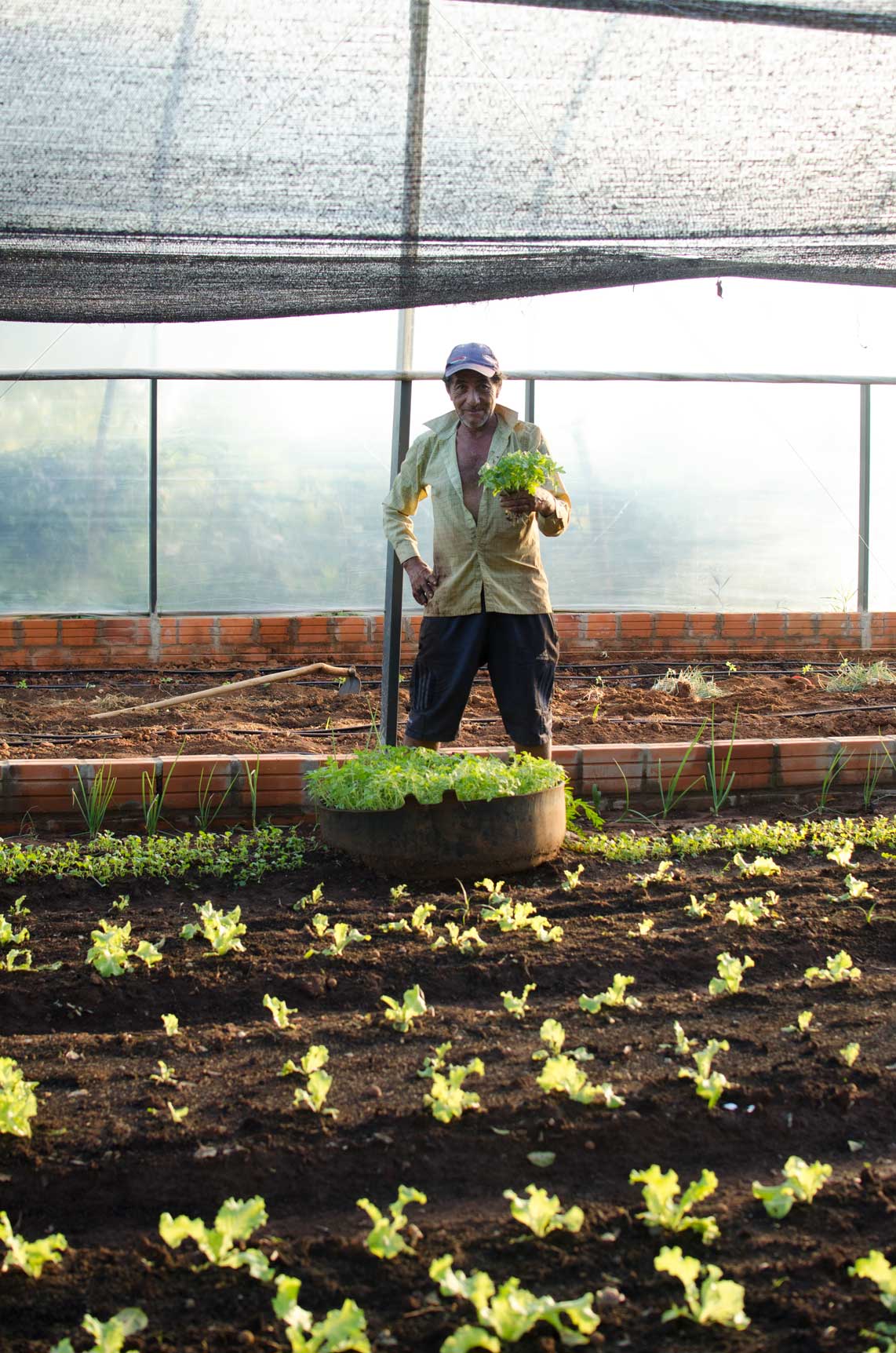
The Asociación de Mujeres Caficultoras del Departamento del Cauca (Colombia) was born in 1999, supported by CAFICAUCA, organizing several peasant women, among housewives and heads of household, with the aim of starting a joint work in coffee crops and guaranteeing them an economic income for the support of their homes, contributing to the improvement of the quality of life of their partners and their families. Cauca coffee-producing women promote the microenterprise development of their production unit, since their goal is to strengthen the organization, the recovery of values of peasant families and gender equality.
The AMUCC currently groups 90 women with diverse profiles: committed or married women (77%), single women (10%), heads of household (13%). In addition, some members come from the indigenous communities of Guambianos (2%). The average age of women in AMUCC is 40 years and there are few young people, where most have children, on average 4 per family. Their level of education is also diverse: half have secondary education, while the rest only finished in the 1st or 2nd year. Women must demonstrate that they have part of the land where their coffee grows to join AMUCC, where women are estimated to own an average of 2 hectares of land and 20% are entitled to property.
In Ivory Coast, a group of producers whose aim is to value their lands with the reappearance of a quality control, in the middle of a crisis in the cocoa secto, they make use out of fair trade and support this collective initiative, since that Ivory Coast’s cocoa is often considered as a standard quality product, aimed at the mass consumption. However, the cocoa harvest in a single land shows specific flavours, what is considered a competitive advantage to the co-operative.
In 1998 against all odds, Wupperthal Original Rooibos Cooperative was established. Wupperthal is a democratically organized group of small-scale farmers who have grown Rooibos in South Africa for generations. The Wupperthal farmers were pushed off the most fertile land in the 1800’s and later endured the apartheid era. They now grow food in the very dry, rocky soil of the Cedarberg Mountains which presents a big challenge for most of their crops. With Rooibos, however, the slower growth and lower production has resulted in notably higher quality tea compared to plantation Rooibos which is grown on the most fertile lands. Today, 98% of rooibos production is grown on plantations with white landowners, making Wupperthal a true gem in a rocky landscape.
Green Net was founded in 1993 in Bangkok to support responsible trade and organic farming, in response to the demand for healthier and more environmentally friendly products by national consumers, increasingly concerned about their food safety. Green Net is a pioneer co-operative in the organic and fair rice farming in Thailand with 1000 workers. It was the first Thai organization to obtain ecological certification for its rice. They are located in BANGKOK (headquarters) and in SURIN and YASORTHORN provinces. The rice harvest is processed in the same mills as the organization, and the finished product is also packaged locally. A particularly important concern is to promote the improvement of the situation of women, especially when it comes to the rice production area, where 65% of the work is done by women.
It was in 1991, when 25 women from Gabriela, a women’s rights movement network, founded the Panay Fair Trade Center, known as PFTC, in the Philippines. The organization has been growing constantly all over the years and today it is the first exporter of Mascobado sugar in the Panay island, employing over 500 people, with 6 mills constructed to squeeze sugar canes and the sugar production exceeds 1.000 tons per year. The small farmers set themselves free from the landlords’ dependence and the “Mascobado” whole organic cane sugar symbolizes the independence achieved by the peasants, by their families and by the numerous communities involved. PFTC not only improved the working conditions of over 3.000 families in the Panay island, but also created “training” processes, consciousness, is giving visibility to political and social issues, having in mind a democratic and sustainable development.
Wishing to create a true change in the Philippine society, PFTC created fair working conditions for the associate farmers and many benefits for the involved communities. The chosen model was to grow in small steps, multiplying the associate co-operatives in a community basis in the different provinces of the Panay island. An alternative winning model that contrasts with the prevalent model of the great landlords. The presence of a small mill for each co-operative allows the artisanal sugar transformation (approximately 200 tons per mil), which is traditionally the
case in Panay island. PFTC factories and other facilities were also built with the help of the international co-operation, namely through projects funded by the Bolzano province. The farmers put the sugar cane in the mill and all the Mascobado sugar, 100% organic, is obtained by the “open pan” method, in other words, through several boils of the juice extracted from the barrel. To avoid the premature crystallization, you have to constantly shake the sugar and only boil it in the final stage. This way, you will obtain a raw sugar, rich in vitamins and minerals (iron, phosphorus, potassium, sodium), that is part of the Philippine tradition for over a century and a half. A health concentration.
In 1993, Dr. Sarath Ranaweera, a university student entrepreneur proposed himself to set out an organic and responsible tea organization with exporting capacity to the producers. In the same year, the groups of producers from that region founded S.O.F.A (Small Organic Farmers Association) to provide support services, such as technical training or loans for the producers.
SOFA funded and promoted the plantation diversification through the creation of new additional income sources, such as the production of other products (spices, fruits, vegetables) to sell on the local market, contributing to the economic development of the region. Community-wise, SOFA funded the creation of health centres and the implementation of hydrants in different communities. Also, along with the State’s education program, it funded the purchase of materials and the creation of a fund for school material.
The Maquita Chuchunchic Comercializando Como Hermanos Foundation (MCCH) is a non-profit institution, created in 1985 through the initiative Comunidades Eclesiais da Base Sul de Quito. Born from the association of popular communities and organizations, to answer the need for alternative and supportive marketing systems. An entity that nowadays works for vulnerable sectors in fifteen provinces of the country. It has 5300 members grouped in 400 co-operatives localized in urban and rural areas. One of its goals is to bring together the small food producers, with the objective of increasing its power regarding the national and international market. Its organizational system is democratic and participative. Its action strategy is focused on the socio-human training that drives the solidarity values and principles of solidarity and reinforces the technical training and aid to producers and to consumers
organizations in the productive area, administrative accounting, post-harvest, commercialization, design and marketing to respond to the market with quality and effectiveness.
Its work has a direct impact in two axis: the partnerships and the productive commercial development, while in other development areas it works through partnerships with other public and private bodies and it promotes an integral human training offer that promotes attitudes and behaviours that create equity and solidarity relationships. This axis goes through all actions transversally, including elements such as values, spirituality, gender, human intercommunication, personal statement, cultural identity, socio-political analysis; along with the citizenship’s participation and construction.
Regarding the productive development and community marketing axis, MCCH creates local capacities through training plans and technical assistance aimed at guaranteeing the food safety and to improve the income by using economically rentable, socially equitable and environmentally balanced business alternatives.
Agrícola y Forestal de Nerpio is an associated jobs co-operative society created in 1991, which social objective since its constitution is the creation of all kinds of forestry works and services and gardening, being very related and committed to the environment since its foundation. It was promoted by the El Sower foundation that is supported, among others, by Cáritas Albacete. Its goal is to help people who are excluded or are in risk of facing socio-labour exclusion, considering that a significant part of Cooperativa Nerpio’s jobs are covered by this group. The company
offers them a position with normal working conditions and complements its training for the final entrance in the labour market. The company plays an important role when it comes to the new demands of its consumers, who drag the rest of the food chain (industries, wholesalers, distribution) and regarding its growing interest for the environmental protection and the absence of chemical products. Thus, the company consists of several facilities (hostel and camp) dedicated to Environmental Education and rural tourism, located in the Parque Cultural de Nerpio,
in the province of Albacete, whose objective is to bring together groups of all ages to the rural environment and nature. One of its big bets is organic farming. Through the “Valle del Tablilla” brand, a brand that has already been on the market for 10 years, fruit jams are made through organic farming. IDEAS has been working with the Nerpio Cooperative since the beginning of 2011 to produce organic and Fair Trade jams made with Paraguay’s biological cane sugar and locally sourced fruits (coming from all over Spain).
Northern citizens are unaware of where the products they consume come from, they don't know what it costs us, the poor, to produce them.
Rigoberta Menchú, Nobel Peace Prize, 1992
Local and Organic Farmers
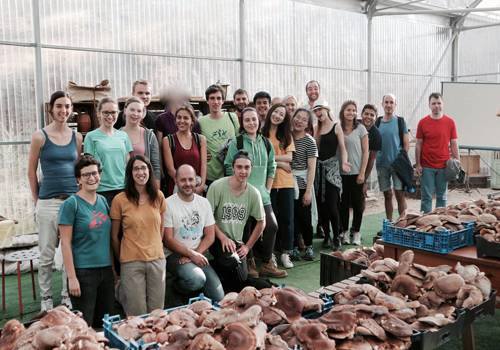
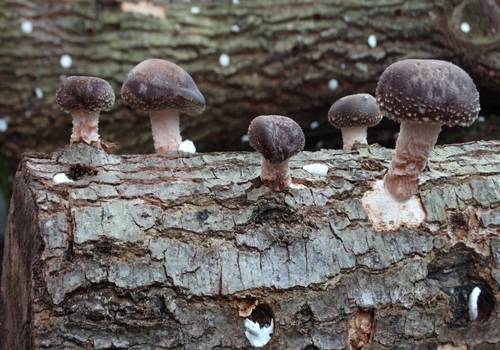
Rafael Azevedo
Rafael Azevedo, managing partner of Floresta Viva, graduated in financial management. He became a producer in 2007 and the company itself was only created in 2011. Ricardo Moreira is also a company’s managing partner and mushroom producer. At the beginning, they had trouble obtaining information but then they were taught by Japanese producers, had training in Japan since 2012-2013 and cooperated with UTAD. Their focus is to innovate, to use organic products, to reduce waste and to reuse. They brought Japanese technology and started with shiitake; however, they produce other species.
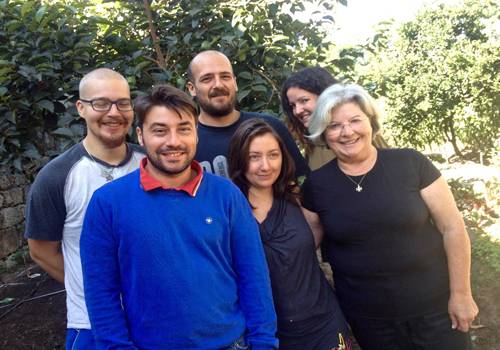
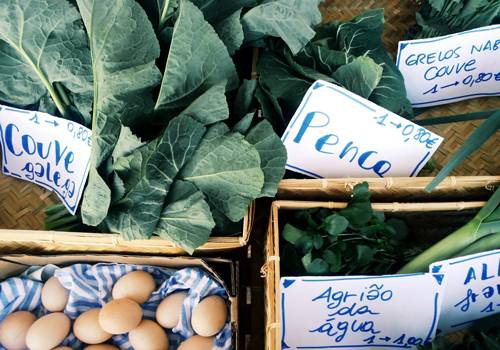
Maria do Céu
Agriculture was not her first job, she was a civil servant. She gained interest for agriculture thanks to her contact with nature and with her grandmother. When she found that spot, she believed it was the perfect place for organic farming. In 2000 she started an organic product store, but she wasn’t successful. In 2001-2002 she tried again, and once more, she saw no success. Sells in Casa da Juventude de Amarante. She doesn't use a greenhouse, as she prefers things to grow more naturally. Her biggest trouble in organic farming is having to manually remove the weeds.
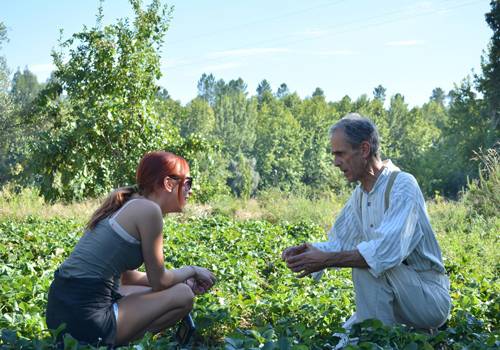
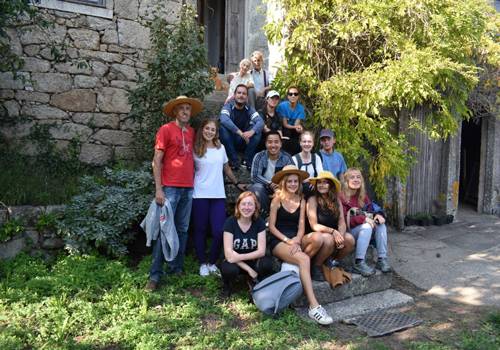
João Barrote
Worked as a social worker and as a bookseller editor. With his passion by biologic agriculture, he decided to study and have training about this subject. Amélia, her partner in life, was a social worker until she retired approximately 7 years ago. Her farm does biological production, but she is not a biological farmer herself. The farm was bought in the 90s and she started to live in Celorico in 1995. The farm was bought after her partner João attended a farming and biodynamic course in England. It’s a large area that was bought with the help of family and friends. For some time that they prefer biological food and look forward to buying them. The farm was bought with the objective of starting their own biological farming.
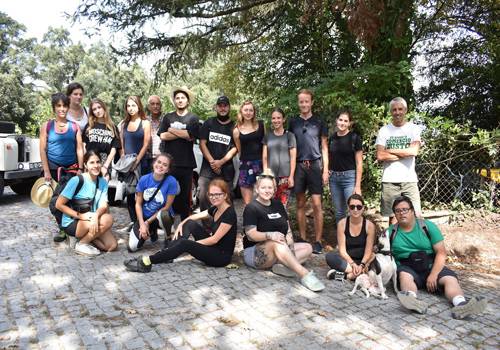
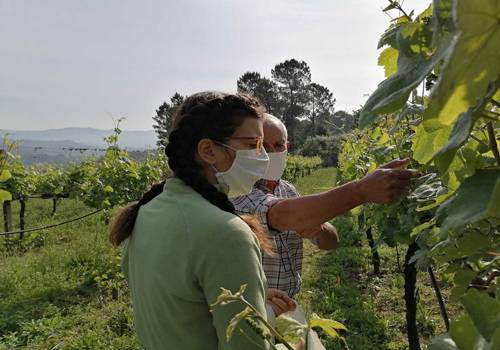
Fernando Paiva
Fernando Paiva was born in that farm. He used to be a History and Portuguese teacher for over 30 years, with students between 10-15 years. He retired in 2000. In 2000 he dedicated himself to organic and biodynamic viticulture. One of his motivations was a viticulture without the use of harmful chemical products. He had no theorical and technical academic formation in the topic even having always lived surrounded by farmers. Ended up doing training in viticulture and training on the use of tractors and agricultural machines, and in winemaking. That knowledge was acquired through practice.
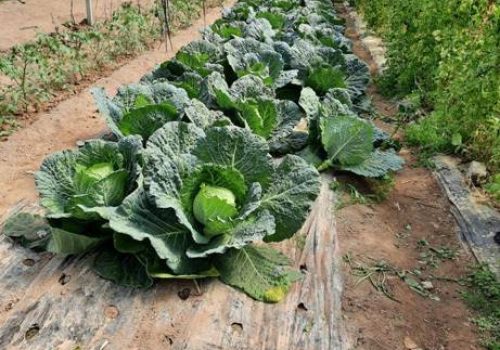
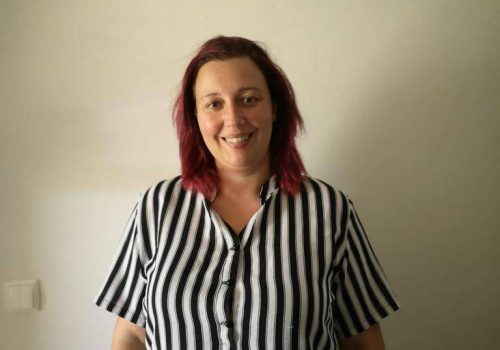
Dilani Mendes
Dilani Marlene Silva Mendes is one of the most recent local producers that we support weekly through the marketing of their products at the Bio, Justo and Local fair (Casa da Juventude de Amarante). This producer is located in Lufrei, Amarante and has certified organic production (CERTIS) since August 2017 for vegetables.
